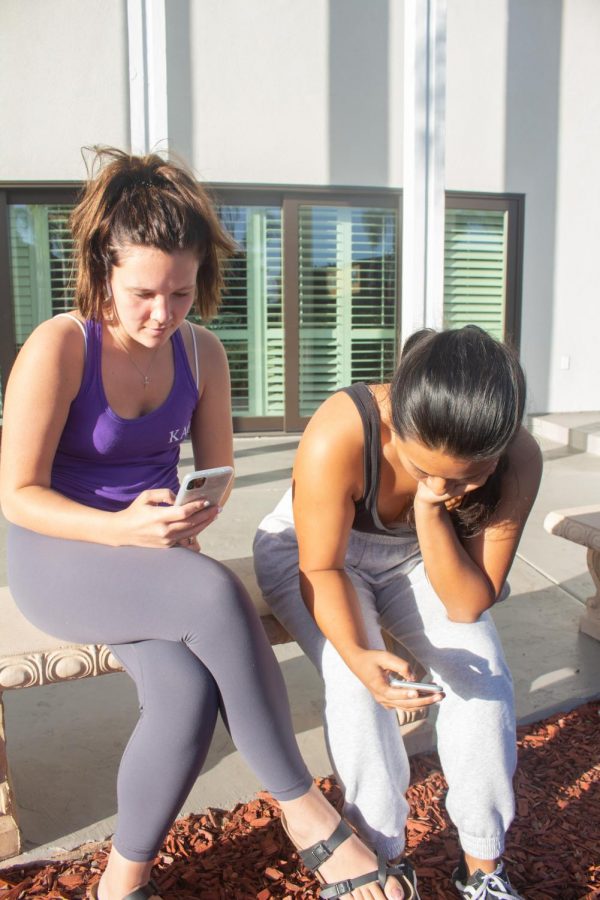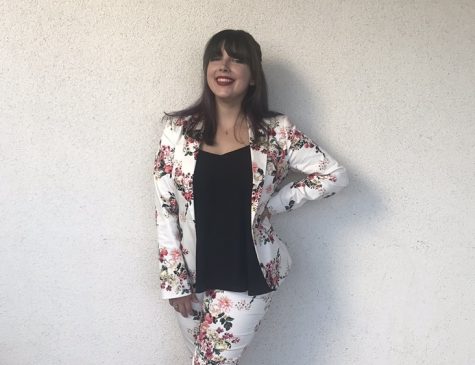Comparison is the thief of all joy.
This statement may seem cliche, but it holds a lot of power. Often college students compare themselves to their peers, and this is completely normal. Comparison is a fundamental human tendency. But in the age of social media and tech, comparison can quickly turn into an obsession or a competition.
Being surrounded by different types of people and students on this campus makes it’s easy to compare your own accomplishments to others. Maybe someone did better on a test than you and now you create an image of what a better student they are compared to you. However, in our comparisons we often create false images of what other people are actually like.
It’s common as a student to compare your experiences with those of others to gauge how well you are doing in a class. We even have Rate My Professor to compare our experiences with professors for other students to see. Although comparison like that may be helpful, it seems as if most of it is doing more harm than good in our society.
We go on Instagram and can either feel amazing or terrible about ourselves because often our self worth is based on the amount of attention that other people give us. And we often believe everyone is exactly how they portray themselves on social media.
Nowadays everyone wants to flex and those who can’t are left feeling bad about themselves in the process. People on social media, and sometimes even in real life, only tell you about the good things they have accomplished, rather than any failures or let downs they have experienced.
We are trained to see each other as competitors, so any failure we experience creates the sense that we are the weaker link.
However, this is completely false.
People who are able to learn and grow from their mistakes are more successful because they are not afraid of the possibility of failure. They are able to recognize the next step after the failure easier than someone who tries to be the alpha at all times.
Sometimes we get so caught up in comparing ourselves to others, we lose track of what we were trying to accomplish ourselves. Allowing ourselves to be consumed by others is a product of the connected society we have created for ourselves.
Social media and being tuned in to things happening around us isn’t necessarily the problem, but being consumed and obsessive about what your social media looks like or trying to achieve the look that social platforms encourage is the problem. If you force yourself to fit into this box, sooner or later it will be too uncomfortable for you to continue to occupy.
Something we can all do to combat this problem is remembering to limit our consumption of social media and comparative thinking. Focusing on other people’s journeys and not being diligent to your own is a form of self-sabotage, and we should have no part in that.
Remember to go out into nature and to have meaningful in-person conversations. Surround yourself with people who support you and make you feel good, not people you feel superior to or those who constantly bring you down.
It’s important in life to understand your own feelings and emotions so no one can invalidate them. Know your own self-worth so it can’t be brought down by other people.
This time in our lives is a major learning experience, make sure it isn’t ruined by unrealistic standards.
Ellyse Logan is a sophomore studying international business. Follow her on Twitter @ellyselogan.








